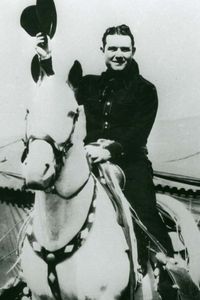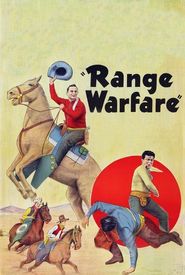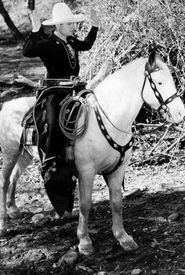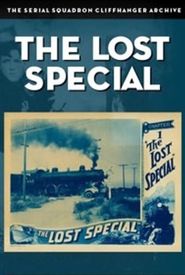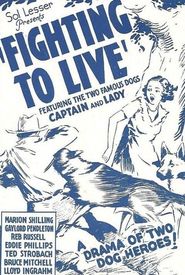Noted athlete Lafayette Russell, also affectionately known as "Reb" Russell, entered this world on May 31, 1905, in the quaint town of Coffeyville, Kansas, which would later serve as the backdrop for his formative years.
Throughout his academic tenure, Russell consistently showcased remarkable athletic abilities, thereby earning a reputation as a standout running back on the esteemed University of Nebraska football team. His impressive display of skills did not go unnoticed, as it caught the attention of Illinois' Northwestern University, which ultimately led to his transfer to the latter institution.
Upon joining Northwestern University, Russell made the transition to fullback, a move that would ultimately culminate in his being named an All-American in 1930, a testament to his unwavering dedication and exceptional talent.
As a towering figure of athletic prowess, renowned for his chiseled features and widespread recognition in the realm of football, it was almost inevitable that Russell would be the subject of enthusiastic pursuit by the glamorous world of Hollywood.
Over time, he was afforded minor roles in a limited number of films produced by Fox Pictures, although unfortunately, these early forays into the world of cinema failed to yield any substantial or lasting impact.
Nonetheless, he did manage to secure a contractual agreement with independent producer Willis Kent to star in a succession of low-budget westerns, marking a significant turning point in his career.
Russell's cinematic endeavors during the pivotal years of 1934 and 1935, a period marked by his relentless pursuit of stardom, yielded a total of nine films, each boasting a unique title such as The Man from Hell, Lightning Triggers, and Blazing Guns, a testament to his unwavering dedication to his craft.
Despite his impressive athletic prowess, honed from years of rigorous training, and his exceptional riding skills, which undoubtedly served him well in his on-screen endeavors, Russell faced an uphill battle in his quest for acting success. The subpar production values, lackluster scripts, and overall shoddy quality of the films themselves proved a significant obstacle for him to overcome, his limitations as an actor thus far being a major stumbling block in his journey to stardom.
The cinematic creations produced by Russell did not garner widespread acclaim due to the limitations of the states-rights syndication system, which hindered their exposure to a broader audience. Consequently, Russell's impact on both fans and the Hollywood film industry remained relatively fleeting, failing to leave a lasting imprint on either. By the mid-1930s, Russell's professional partnership with Kent had dissolved, prompting him to abandon his Hollywood pursuits and embark on a new and unexplored professional trajectory.
During the 1930s, he embarked on a series of extensive travels, joining various itinerant circuses that traversed the country, exposing him to a diverse array of people and experiences.
Years later, in the 1940s, he returned to his hometown of Coffeyville, Kansas, where he established a sense of permanence and stability by marrying, raising a family, and dedicating himself to the study and practice of livestock breeding.
As his expertise in this field grew, he acquired several ranches, which became the foundation of his quiet and peaceful existence.
He lived a life marked by simplicity and tranquility, far removed from the excitement and unpredictability of his earlier years on the road.
Tragically, his life was cut short on May 31, 1978, when he succumbed to a heart attack, leaving behind a legacy that would be remembered by those who knew him.
